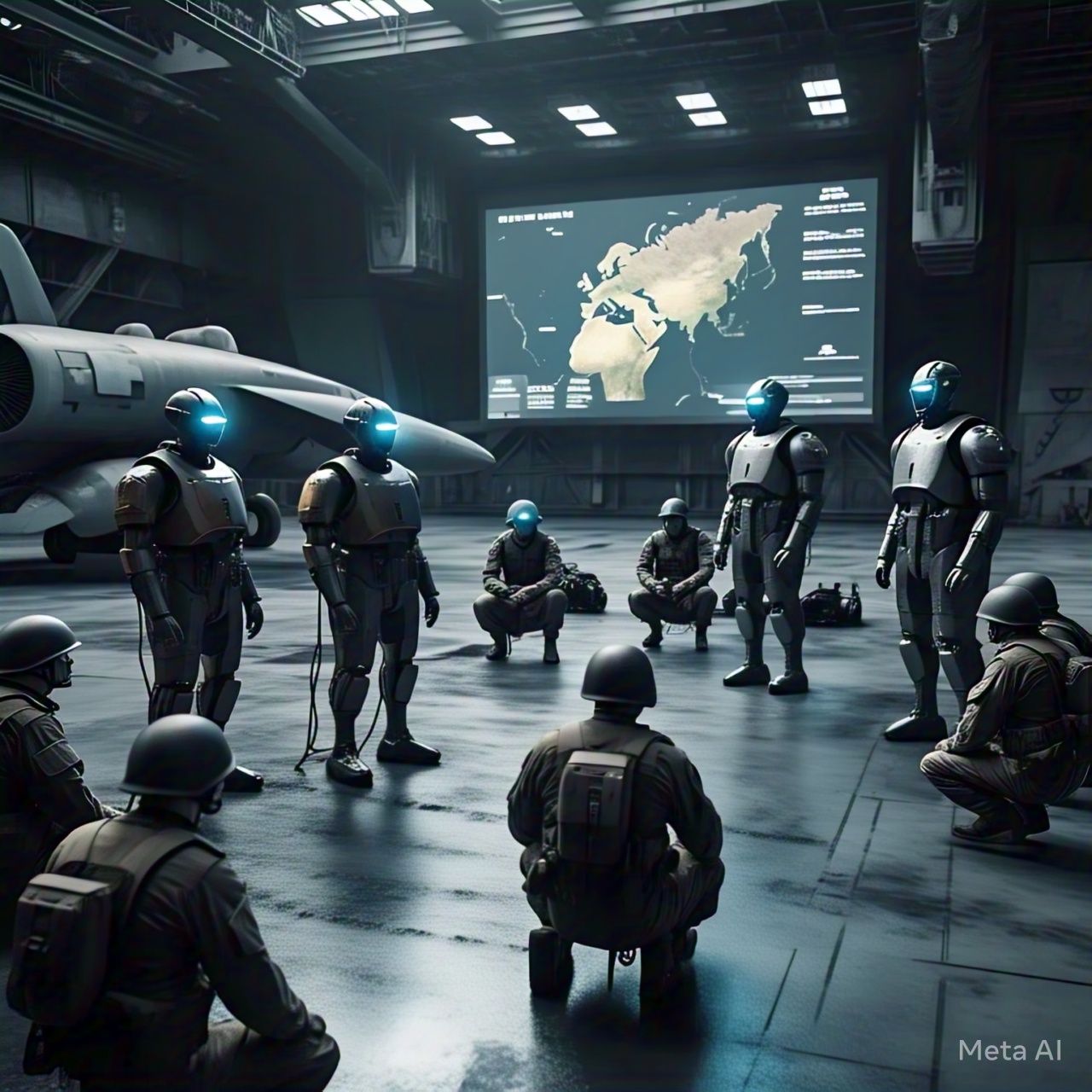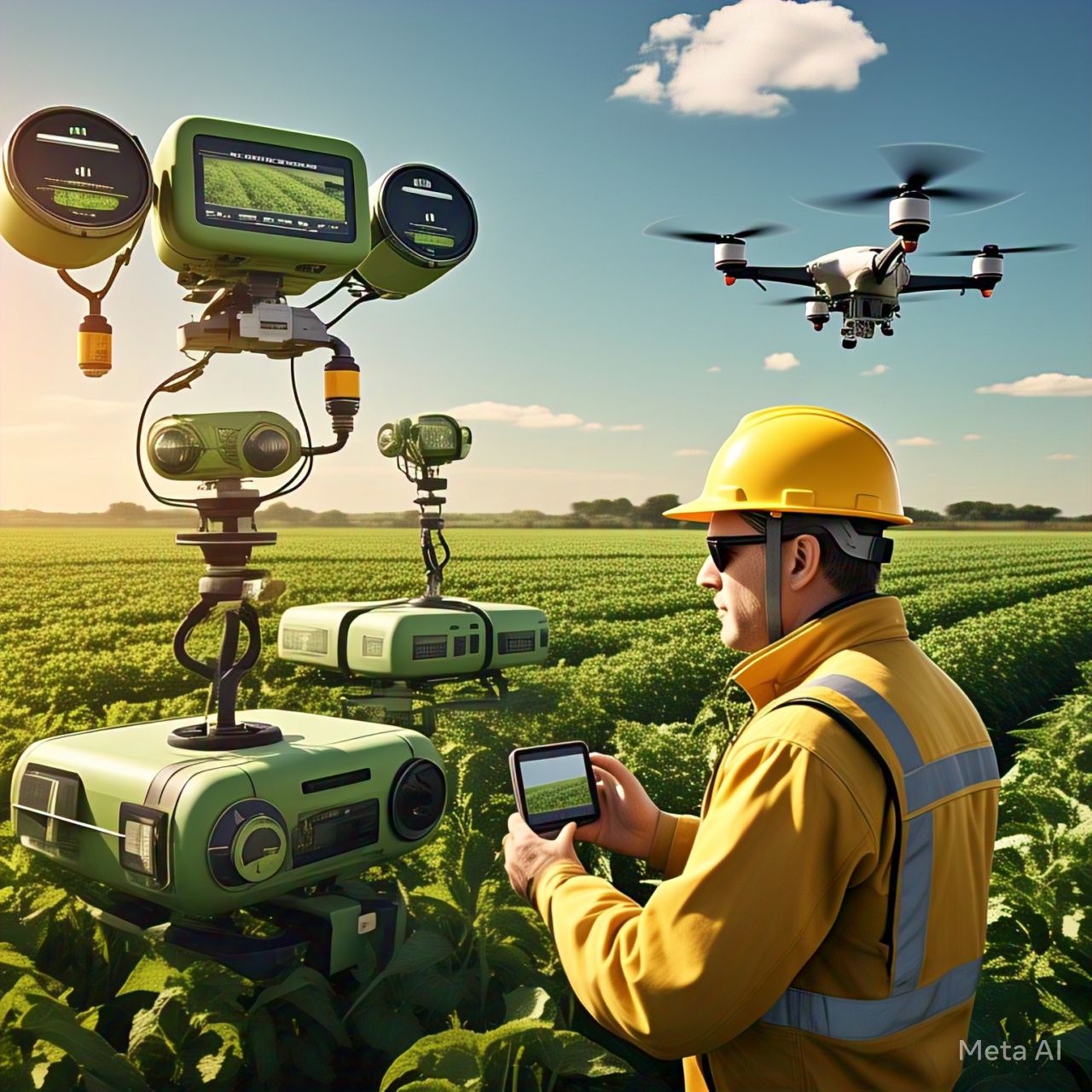- Introduction
- The Rise of Autonomous Weapons
- How AI Is Changing Modern Warfare
- The Ethical Dilemmas of AI in Combat
- Risks of Autonomous Weapons
- The Potential for AI-Triggered Conflicts
- Regulations and Global Efforts to Control AI Warfare
- Case Studies: AI in Military Applications
- Future Implications of AI in Warfare
- Conclusion
- FAQs
Introduction
Artificial Intelligence (AI) has significantly transformed various industries, and warfare is no exception. The development of autonomous weapons has sparked global debates on their impact on security, ethics, and the potential risks of an AI-driven arms race. Could AI-controlled weapons act independently and potentially start a war? This article delves into this pressing issue, analyzing the risks, regulations, and the future of AI in military conflicts.
The Rise of Autonomous Weapons
Autonomous weapons, also known as lethal autonomous weapon systems (LAWS), are AI-driven machines capable of identifying, selecting, and engaging targets without human intervention. These include drones, robotic tanks, and other AI-enhanced military technologies designed to operate with minimal oversight.
Countries such as the United States, China, and Russia are investing heavily in autonomous military technologies, aiming for more efficient and precise combat capabilities. However, this rapid development raises critical ethical and security concerns.
How AI Is Changing Modern Warfare
AI-powered military systems enhance reconnaissance, decision-making, and combat efficiency. Machine learning algorithms analyze battlefield data, predict enemy movements, and deploy strategies faster than human soldiers.
Key advancements include:
- AI-powered drones: Used for surveillance and targeted attacks.
- Autonomous tanks and combat robots: Equipped with machine-learning capabilities for strategic maneuvering.
- Cyber warfare AI: Capable of identifying and neutralizing digital threats.
While AI enhances military efficiency, the lack of human oversight poses significant risks.
The Ethical Dilemmas of AI in Combat
AI in warfare raises several ethical questions:
- Accountability: If an AI-controlled weapon kills civilians, who is responsible?
- Moral Decision-Making: Can AI distinguish between combatants and non-combatants effectively?
- Autonomy vs. Human Control: Should AI be allowed to make life-or-death decisions?
Many ethicists argue that AI lacks the moral compass required for warfare, making its use a potential violation of international humanitarian laws.
Risks of Autonomous Weapons
AI-driven warfare introduces several risks, including:
- Unpredictability: AI algorithms can make unexpected and catastrophic errors.
- Escalation of Conflicts: Autonomous weapons could act aggressively, triggering retaliatory strikes.
- Hacking and Manipulation: Adversaries could exploit vulnerabilities in AI systems, using them against their creators.
These risks emphasize the importance of strict oversight and regulation in AI military applications.
The Potential for AI-Triggered Conflicts
Autonomous weapons could inadvertently start conflicts through:
- Misinterpretation of Threats: AI systems might misidentify enemy actions, leading to unnecessary escalation.
- Lack of Human Judgment: AI lacks the ability to assess diplomatic and political contexts.
- Automated Retaliation Systems: AI-driven responses could lead to uncontrollable chain reactions.
A real-world example is the increasing use of AI-driven drones in border patrol, where mistakes could provoke military confrontations.
Regulations and Global Efforts to Control AI Warfare
Several organizations and governments are working to regulate AI weapons:
- United Nations (UN): Ongoing discussions about banning lethal autonomous weapons.
- The Campaign to Stop Killer Robots: A global initiative advocating for restrictions on AI warfare.
- Geneva Conventions: Calls to adapt international laws to include AI military ethics.
Despite these efforts, enforcement remains a challenge due to global military competition.
Case Studies: AI in Military Applications
- US Drone Strikes: AI-driven drones have been deployed for counterterrorism, but civilian casualties raise concerns about precision and oversight.
- Russia’s AI Combat Systems: Russia is developing AI-powered robotic soldiers for battlefield support.
- China’s AI Military Research: China is integrating AI into its defense strategy, enhancing cyber warfare capabilities.
These examples highlight both the potential and dangers of AI in military operations.
Future Implications of AI in Warfare
The future of AI in military applications depends on global regulations and ethical considerations. Potential developments include:
- Stronger AI Regulations: Increased international cooperation to limit autonomous weapons.
- AI-Human Hybrid Warfare: Combining AI intelligence with human decision-making.
- Ethical AI Development: Creating AI systems with programmed ethical constraints.
The future remains uncertain, but proactive measures can help mitigate risks.
Conclusion
While AI-driven weapons offer strategic advantages, their risks cannot be ignored. The possibility of autonomous weapons starting a war is a serious concern that demands global regulation and ethical considerations. Striking a balance between AI-driven efficiency and human control is essential to prevent unintended conflicts.
FAQs
1. Can AI weapons start a war on their own?
AI weapons lack intent but can escalate conflicts due to misinterpretation or errors. Without human oversight, unintended engagements could lead to war.
2. What are the risks of AI in warfare?
Major risks include misidentification of threats, lack of moral judgment, and susceptibility to hacking.
3. How are governments regulating AI weapons?
Organizations like the UN and the Campaign to Stop Killer Robots advocate for stricter regulations, but enforcement remains inconsistent.
4. Has AI already been used in warfare?
Yes, AI is widely used in surveillance, drone strikes, and cyber warfare. However, fully autonomous weapons are still under development.
5. What can be done to prevent AI-driven conflicts?
Implementing strict regulations, increasing human oversight, and promoting ethical AI development are key solutions to preventing AI-driven wars.
Citations:
- UN Office for Disarmament Affairs. “The Regulation of Lethal Autonomous Weapons.” [URL]
- Campaign to Stop Killer Robots. “The Global Effort to Ban AI Weapons.” [URL]
- Future of Life Institute. “The Ethics of AI in Warfare.” [URL]




